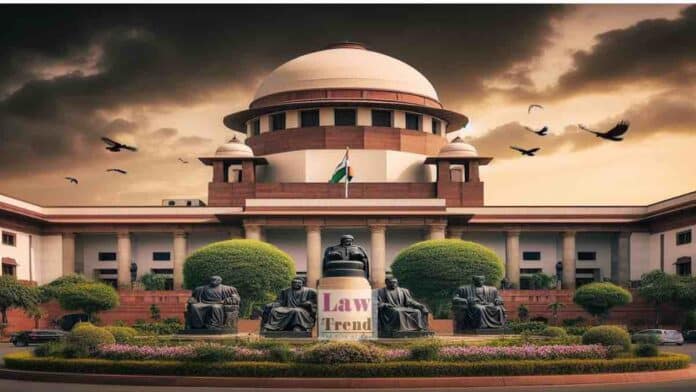In a recent hearing, the State of Uttar Pradesh challenged the Allahabad High Court’s decision to entirely invalidate the Uttar Pradesh Board of Madarsa Education Act, 2004. Arguing before the Supreme Court, Additional Solicitor General KM Nataraj contended that only specific, problematic provisions of the Act should have been targeted, rather than striking down the
To Read More Please Subscribe to VIP Membership for Unlimited Access to All the Articles, Download Available Copies of Judgments/Order, Acess to Central/State Bare Acts, Advertisement Free Content, Access to More than 4000 Legal Drafts( Readymade Editable Formats of Suits, Petitions, Writs, Legal Notices, Divorce Petitions, 138 Notices, Bail Applications etc.) in Hindi and English.




